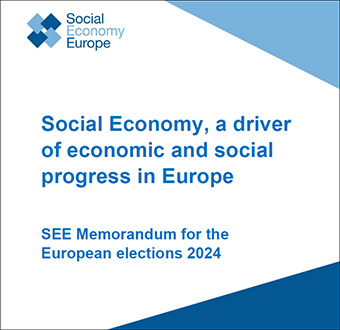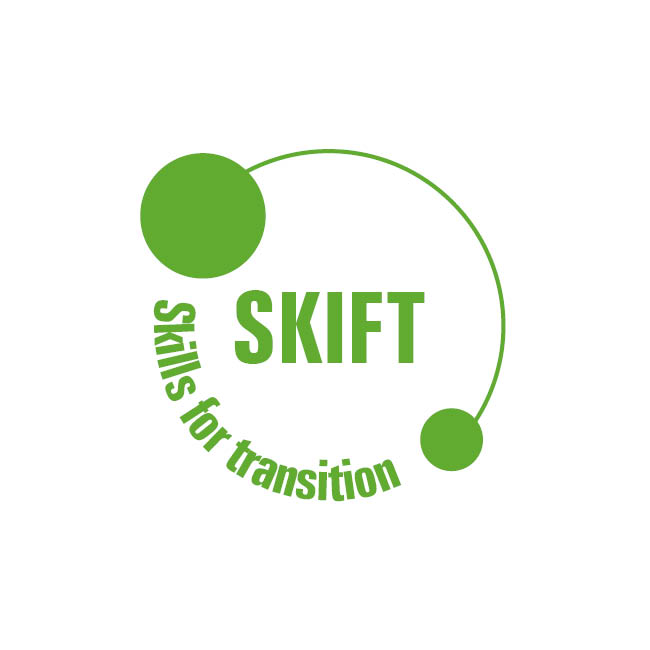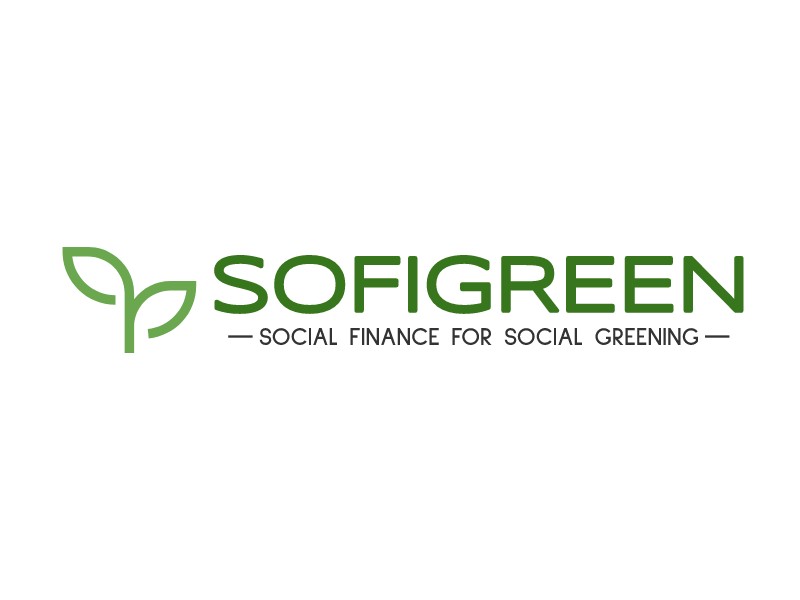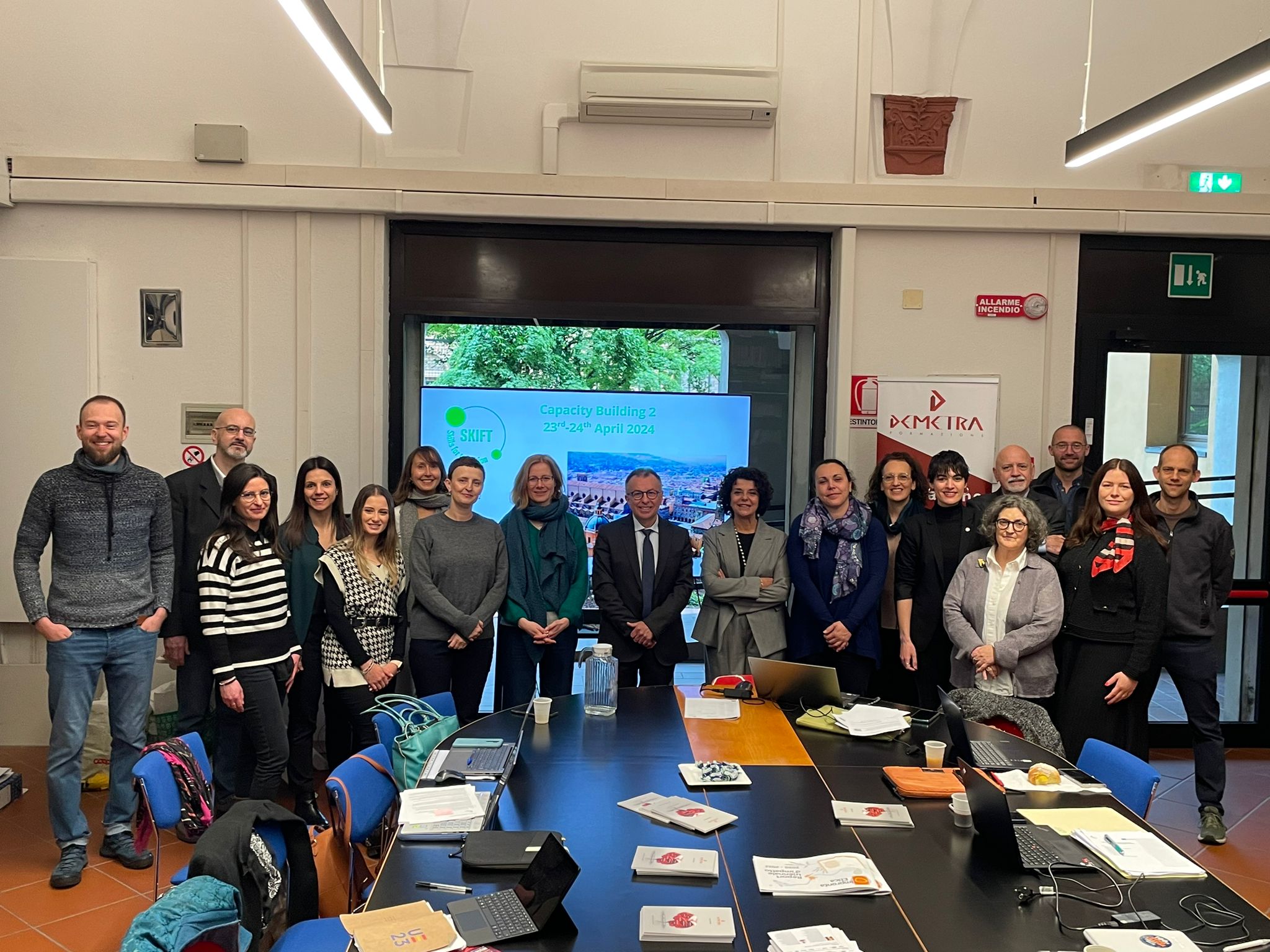On 9 December 2021 the European Commission published the Social Economy Action Plan 2021-2030.
The document is built around three priority areas:
- Business environment (incl. stimulating appropriate legal frameworks at different level, taxation, etc.);
- Opportunities and building capacities (incl. enhancing access to funding, support to capacity-building for the sector, public administration, etc.);
- Awareness and recognition (incl. collection of data on the social economy in the EU, initiatives targeting specifically youngsters, etc.).
Among the main actions listed in the document are, for example (list not exhaustive!):
- an initiative by the European Commission to encourage Council Recommendations regarding the improvement of policy and legal frameworks;
- the establishment of an EU Social Economy Gateway as a kind of one-stop shop providing comprehensive information on EU policies relevant to the social economy, different type of funding, project opportunities and other initiatives around the social economy or
- the creation of a European Competence Centre for Social Innovation.
Actions around the topic ‘access to funding’ focus very much on the mobilization of private investment in the social economy – e.g. through InvestEU – but also on the promotion of partnerships between the social economy and other type of enterprises (private procurement).
With regard specifically to local and regional authorities, the European Commission announced, amongst other initiatives, the organization of a number of “webinars and workshops as of 2022 for public officials based on mapping exercises, collection and exchange of good practices in relation to various policy fields such as State aid, taxation, social investment, business transfers to employees, labels and certification systems, social impact measurement”. Also, further training on social public procurement or a continuation of the European Social Economy Regions are planned.
The Action Plan was published together with a Commission Staff Working document providing further explanations on characteristics of the social economy landscape in Europe; on the pathway that led to the development of the Plan, including results of and EC reactions to the consultation process (reference to REVES proposals is made, for example, on page 32) as well as information on the EU budget that will be mobilized to support the social economy in the 2021-2027 period.
Finally, a second Commission Staff Working document on “Scenarios towards co-creation of a transition pathway for a more resilient, sustainable and digital Proximity and Social Economy industrial ecosystem” includes reflections and proposals (not the official position of the European Commission!) on how to engage the European Commission, but also national governments, regions and cities and finally the social economy itself in the realization of concrete actions.
The documents can be found here.
Read More
European Elections: Help us mobilising (future) MEPs to keep social economy on the EU policy agenda
The European elections are approaching. Their outcome will decide on the direction the EU will…
REVES Annual Meeting 2024: Focus on inter-cooperation between different (social economy) actors and municipalities
REVES Annual Meeting 2024: Focus on inter-cooperation between different (social economy) actors and municipalities REVES…
OPEN CALL: POSSIBILITY FOR MICRO&SMALL SE ENTERPRISES TO RECEIVE FREE ADVISE AND COACHING ON GREEN TRANSITION-RELATED TOPICS
The SKI.F.T call for proposals is now open! Micro and small social economy enterprises…
GREENING OPPORTUNITY FOR SEEs
the SOFIGREEN call for proposal for SEEs operating in France, Italy and Spain is now…
 Docs
Docs  Support
Support 






